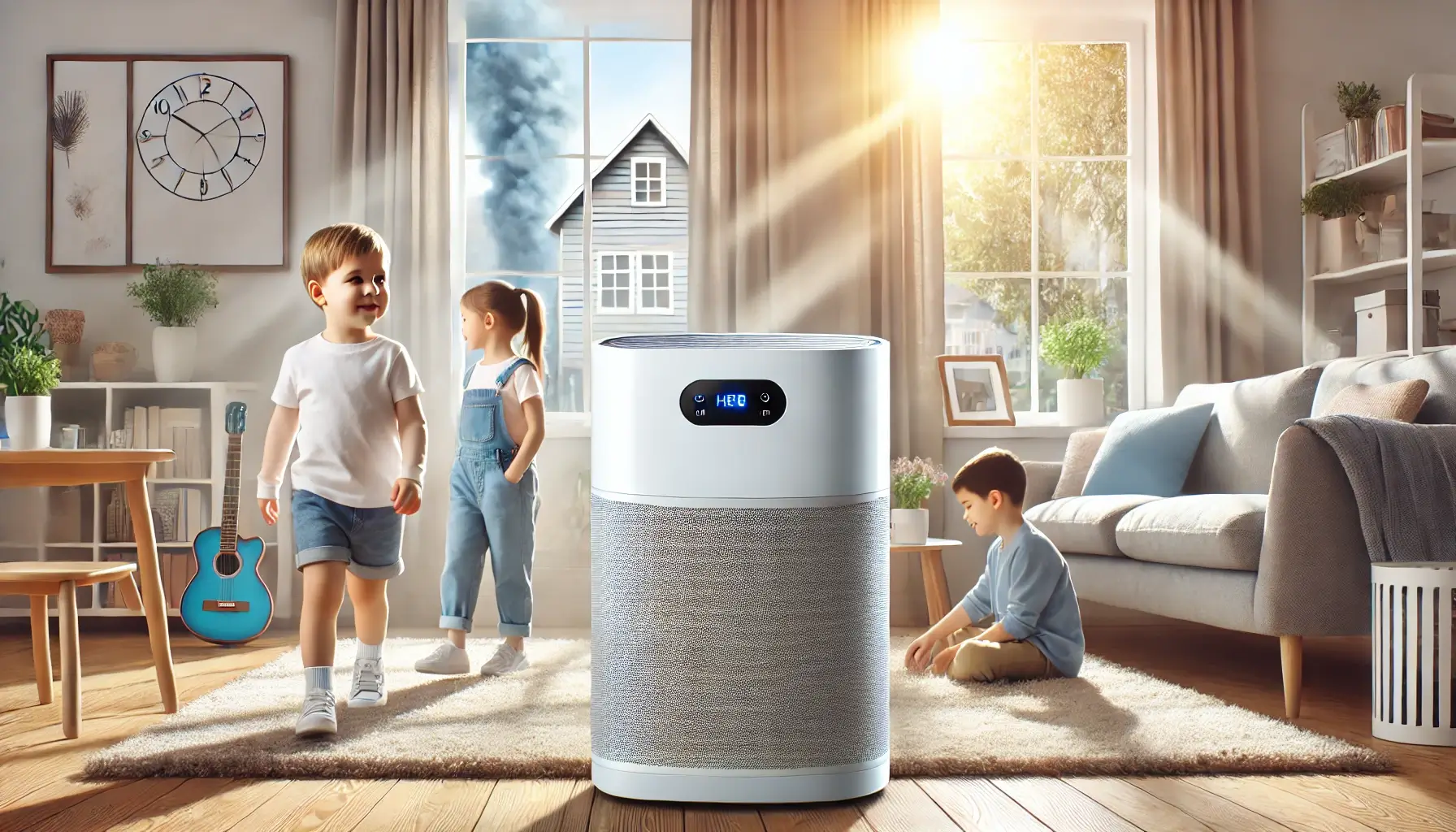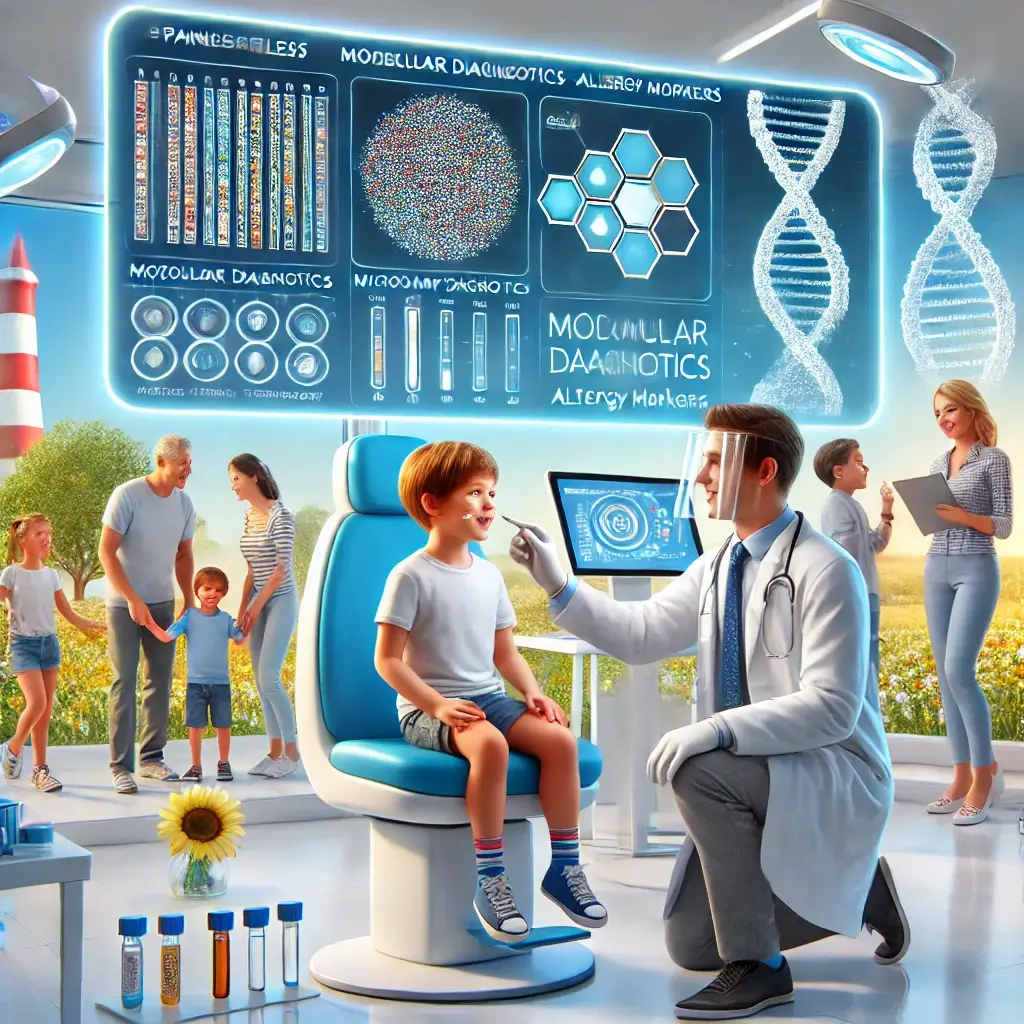Protect Your Children from Airborne Pollutants with the Best Air Purifiers
How High-Quality Air Purifiers Protect Children’s Lungs
Children’s lungs are still developing and more sensitive than adults, making them vulnerable to airborne irritants and toxins. Here’s how a high-quality air purifier can help kids:
Reduced Pollutant Exposure with HEPA Filters
Airborne allergens: High-quality air purifiers equipped with HEPA filters can effectively catch and eliminate common allergens such as dust, pollen, pet dander, and mold spores from interior environments. This can dramatically lessen children’s allergy and asthma symptoms.
Eliminating Airborne Irritants for Asthma Relief
Airborne irritants: Air purifiers can help remove smoke, dust mites, and other airborne irritants that can cause respiratory distress and asthma attacks in children.
Protecting from External Pollution
While air purifiers are not a perfect answer to external air quality issues, they can prevent interior infiltration of pollutants such as wildfire smoke or traffic fumes, mainly when operated with windows closed.
Improved Respiratory Health in Children
Less respiratory symptoms: Because air purifiers reduce allergen and irritant exposure, children with asthma or allergies may experience fewer episodes of coughing, wheezing, and congestion.
Better Sleep with Cleaner Air
Improved air quality can lead to better sleep for children. Breathing cleaner air can help them sleep better and feel refreshed.
Long-Term Benefits for Lung Development
Reducing exposure to air pollution throughout childhood may help with lung development and reduce the chance of chronic respiratory disorders in the future.
Additional Considerations for Choosing Air Purifiers
When selecting an air purifier, look for those with HEPA filters and a Clean Air Delivery Rate (CADR) that is appropriate for the size of the room where your child spends most of their time. To guarantee the best performance, replace air filters regularly following the manufacturer’s instructions.
Limitations of Air Purifiers and Safety Tips
While air purifiers can be effective, they cannot remove all airborne pollutants, including viruses and bacteria. Also, be cautious of purifiers with ionizers, as they might produce ozone—a lung irritant. Choose an air purifier that does not produce ozone or allows you to turn off the ionizer.













